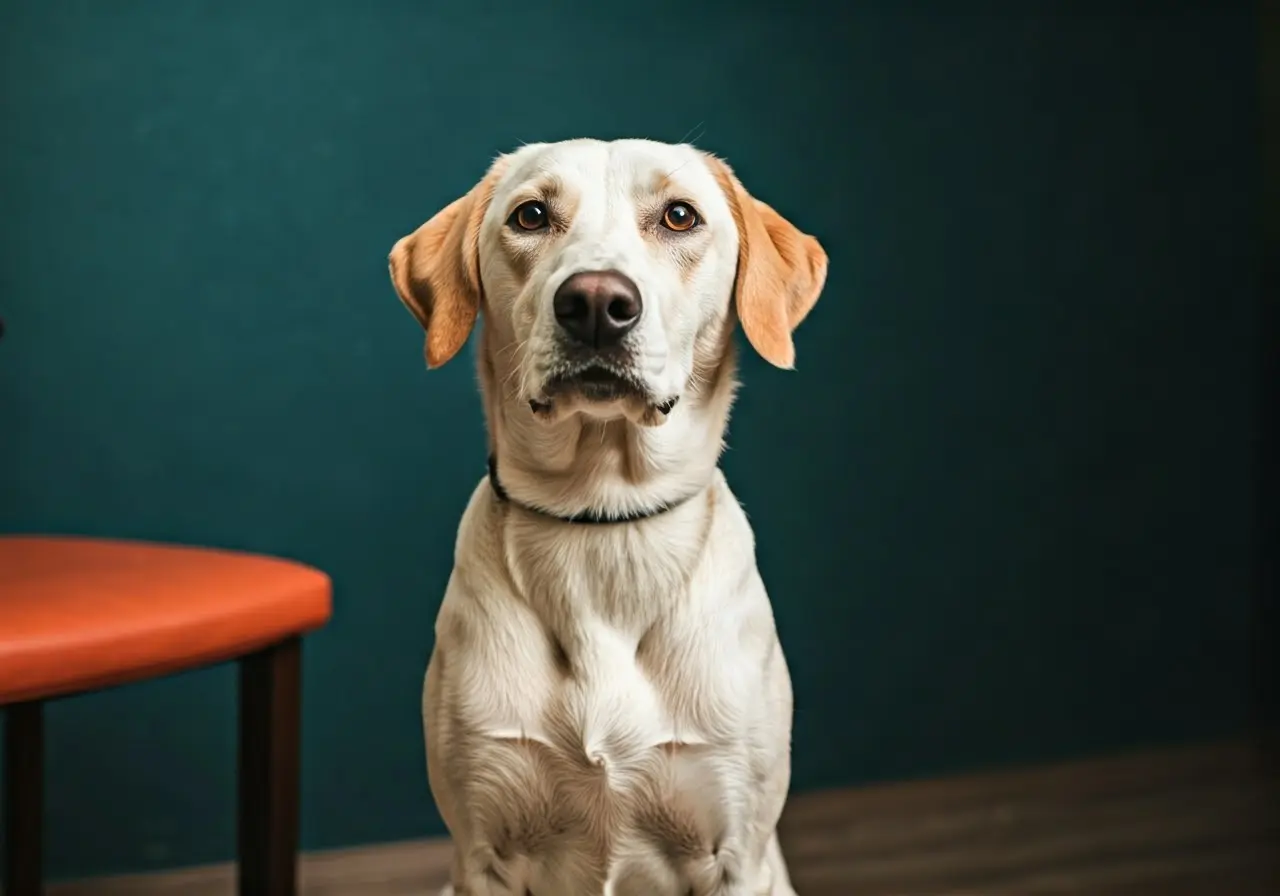If you’re considering a dog behavior consultation in Madison, WI, you might have a lot of questions about what the process entails. Whether you’re dealing with a specific issue or just want to ensure your pup is on the right track, a behavior consultation can be a valuable step in understanding your dog’s needs. Let’s walk through what you can expect during this insightful process.
Why Consider a Dog Behavior Consultation?
Understanding why a behavior consultation might be necessary is the first step. Whether your dog is displaying aggression, anxiety, or other behavioral issues, a consultation can help pinpoint the causes and provide strategies for improvement. For dog owners in Madison looking to transform challenging behaviors, these sessions can be the key to unlocking a more balanced and happy pet.
Dog behavior consultations offer a personalized approach that addresses specific concerns and adapts solutions to your dog’s unique temperament. A behaviorist can offer insights that might not be apparent in everyday interactions, helping you understand subtle cues and body language that indicate stress or unease.
Preparing for the Consultation
Before the consultation, you’ll likely need to gather some crucial information about your dog’s history, behavior, and any specific issues you’re facing. This might include veterinary records, photos, or videos of the behavior in question, and a list of your goals. This preparation ensures that both you and the behaviorist have a clear starting point to address any issues.
It’s also beneficial to reflect on your dog’s routine and diet. Consider completing a consultation assessment that captures all relevant details and provides a comprehensive understanding of your dog’s environment and daily life. Such thorough preparation can significantly shape the effectiveness of the consultation.
Having realistic expectations is also part of preparation. A single session may not resolve all issues, but it forms a critical first step towards long-term improvement and understanding.
What Happens During the Consultation?
During the session, the behaviorist will observe your dog, discuss your concerns, and start identifying potential triggers for the behavior. It’s a collaborative process where you’ll be encouraged to share your insights and experiences. This open communication is crucial to formulating a strategy that not only addresses symptoms but also identifies root causes.
The behaviorist might also conduct practical exercises in your home or outside to see firsthand how your dog reacts in different situations. This hands-on observation helps tailor advice and training recommendations to your dog’s specific behavior and tendencies.
Expect to be active in the session—your participation is vital. Through questions and discussions, both you and the behaviorist will develop a nuanced understanding of how different aspects of your dog’s environment and routine may influence their behavior.
Creating a Behavior Plan
After gathering information, the behaviorist will work with you to develop a plan tailored to your dog’s specific needs. This plan could involve training exercises, environmental changes, or additional resources to support you and your dog. Often, these strategies focus on enhancing communication and establishing routines that reinforce positive behavior.
A behavior plan is not static; it’s designed to evolve as your dog progresses. Periodic adjustments ensure the plan remains effective and continues to meet the dynamics of your dog’s needs, facilitating a permanent transformation. Learn more about creating a structured plan from Focused Dog Training.
Follow-Up and Support
Effective behavior change often requires ongoing support. The consultant might offer follow-up sessions, or provide you with resources and strategies to continue making progress at home. These follow-up interactions serve as checkpoints to monitor changes and reinforce learning.
Continued support may include check-ins with the behaviorist or further resources tailored to specific challenges you encounter as your dog adapts to the behavior plan. This sustained guidance is crucial to ensuring that adjustments can be made quickly and effectively if new challenges arise.
Remember, patience and consistency are essential components when implementing a behavior plan. With the right consultation and ongoing support, you can navigate the path to positive behavior with confidence, paving the way for a more harmonious home environment.
Wrapping Up Your Dog Behavior Consultation
Getting a dog behavior consultation can be an enlightening experience that strengthens the bond between you and your furry friend. By understanding the process and knowing what to expect, you’re better prepared to address any behavioral concerns. With the right help and guidance, you’ll be well on your way to a happier, healthier relationship with your dog. For more insights and to book a session, visit the Focused Dog Training blog.


